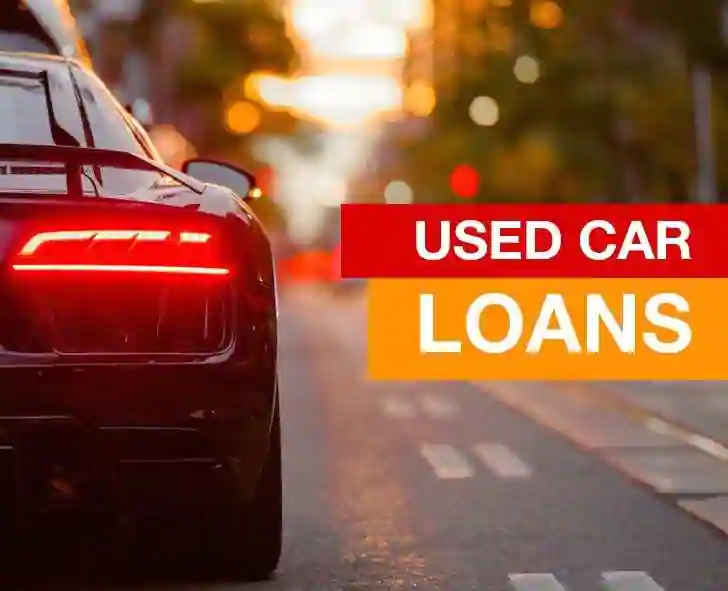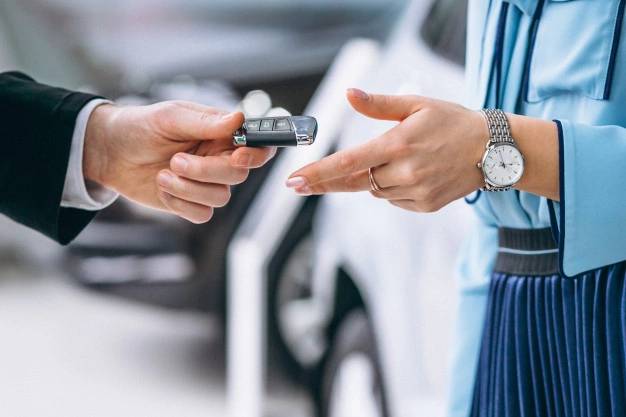Step By Step Guide on Used Car Loan – Apply to Disbursement Process
If you’re planning to buy a used car, here is a step-by-step guide on how to apply for a used car loan:
Step 1: Check your credit score: Before applying for a used car loan, it’s important to check your credit score. A good credit score will help you get a better interest rate on your loan.
Step 2: Determine your budget: Determine how much you can afford to spend on a used car. Consider the down payment you can make and the monthly installments you can afford.
Step 3: Research lenders: Research and compare lenders to find the best interest rate and terms that meet your needs.
Step 4: Submit the loan application: Submit a loan application to the lender of your choice. You can apply online or in person at the lender’s branch.
Step 5: Provide the required documents: The lender will require you to provide documents such as your identity proof, address proof, income proof, and car documents such as registration and insurance papers.
Step 6: Get the car valuation: The lender may require you to get the car evaluated by an authorized evaluator to determine its value.
Step 7: Get the loan approval: If your loan application is approved, the lender will provide you with a loan agreement that outlines the terms and conditions of the loan.
Step 8: Pay the down payment: Pay the down payment as agreed in the loan agreement.
Step 9: Complete the loan disbursement process: The lender will disburse the loan amount to the seller or dealer of the used car.
Step 10: Complete the car transfer: Complete the transfer of ownership of the car from the seller to you.
The most important details to apply for a used car loan include checking credit score, determining a budget, researching lenders, submitting loan applications, providing documents, getting a car valuation, getting loan approval, paying the down payment, completing the loan disbursement process, and completing the car transfer. These steps can help you get the best interest rate and terms that meet your needs.





